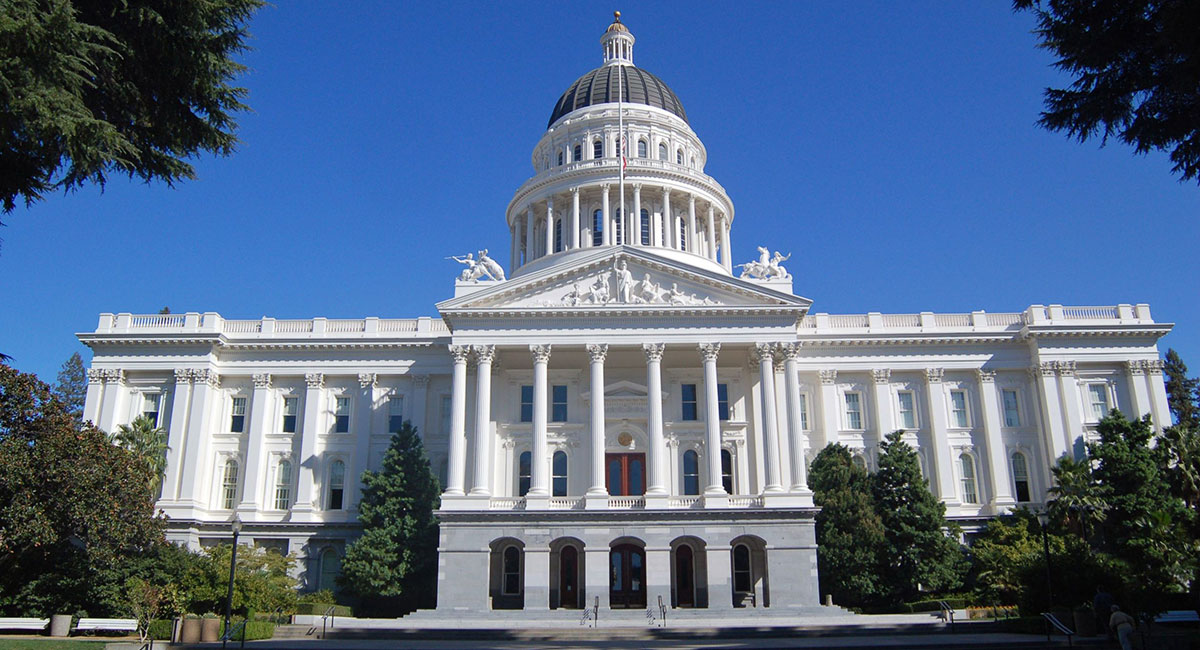California Gov. Gavin Newsom has reversed a decision to parole Royce Miller, convicted of second-degree murder for strangling San Francisco high-school student Maxina Danner in 2004. Those who believe this signals a tougher approach on violent crime have a few things to consider.
In late 2018, a criminal illegal calling himself Paulo Virgen Mendoza shot dead Newman, California police officer Ronil “Ron” Singh, a legal immigrant who came to the United States to work in law enforcement. Governor-elect Newsom, a supporter of California’s sanctuary law, made no appearance at Singh’s funeral and failed to condemn the murder as an act of gun violence.
One of Newsom’s first acts as governor was to reprieve 737 condemned murderers on California’s death row. The beneficiaries of Newsom’s act included sadistic kidnapper Charles Ng, convicted of 11 murders; “Tool box killer” Lawrence Bittaker and his partner Roy Norris; and Luis Bracamontes, who murdered Sacramento deputies Danny Oliver and Michael Davis in 2014.
“A real leader would say ‘let me listen to this case by case,’” contended Steve Herr, whose son Sam was murdered in 2010. Jeri Oliver, father of slain deputy Danny Oliver, dared Newsom “to meet with me and I can give you some facts that you don’t want to hear.” The governor, who is not a lawyer and played no role in any of the trials, ignored all pleas to reverse his decision.
Gavin Newsom is on record that recurring governor Jerry Brown, who appointed Newsom’s father to superior and appeal court judgeships, is the greatest political mind “in our lifetime.” Toward the end of his fourth term, Brown faced Senate Bill 1391, which prohibited the prosecution of anyone under 16 as an adult, regardless of the gravity of their crime.
“The opposition of certain crime victims and their families to this bill is intense,” Brown wrote, “I have carefully listened to that opposition and it has weighed on me.” The victims’ opposition couldn’t have weighed much because Brown signed the measure. As a result, anyone in California under age 16 can murder any number of people, be prosecuted only in juvenile court, and gain release on their 25th birthday. That is certain to weigh on the people, but Brown and Newsom hold no monopoly on leniency toward violent criminals.
In 2008, Esteban Nuñez, son of Assembly Speaker Fabian Nuñez, was convicted of manslaughter for the stabbing death of San Diego State University student Luis Santos and sentenced to 16 years in prison. In 2011, on his last day in office, Republican Gov. Arnold Schwarzenegger, commuted Nuñez’s sentence to seven years.
Fred Santos, father of the slain student, told reporters, “Schwarzenegger stabbed him in the back after he was killed.” Judge Lloyd Connelly called the decision, “repugnant to the bulk of the citizenry of this state.”
In Total Recall: My Unbelievably True Life Story, released in 2012, the former governor claimed, “we made a hell of a lot of progress, and we made a lot of history.” On his watch, the former action star wrote, “we made our state an international leader in climate change” and “the fight against obesity,” but no mention of the favor for Fabian Nuñez and criminal son Esteban. Released in 2016, he became “part of the tide pushing California’s penal system from tough-on-crime laws toward giving criminals a second chance.”
There was no second chance for victims of the 731 convicted murderers reprieved by Gavin Newsom. So far, no reversal of that decision and no change in the sanctuary law that gives protection, as Newsom said, to “all who seek it,” including cop-killers such Mendoza and Bracamontes. The recent parole reversal aside, Gov. Newsom is a long way from leadership in the fight against violent crime.








